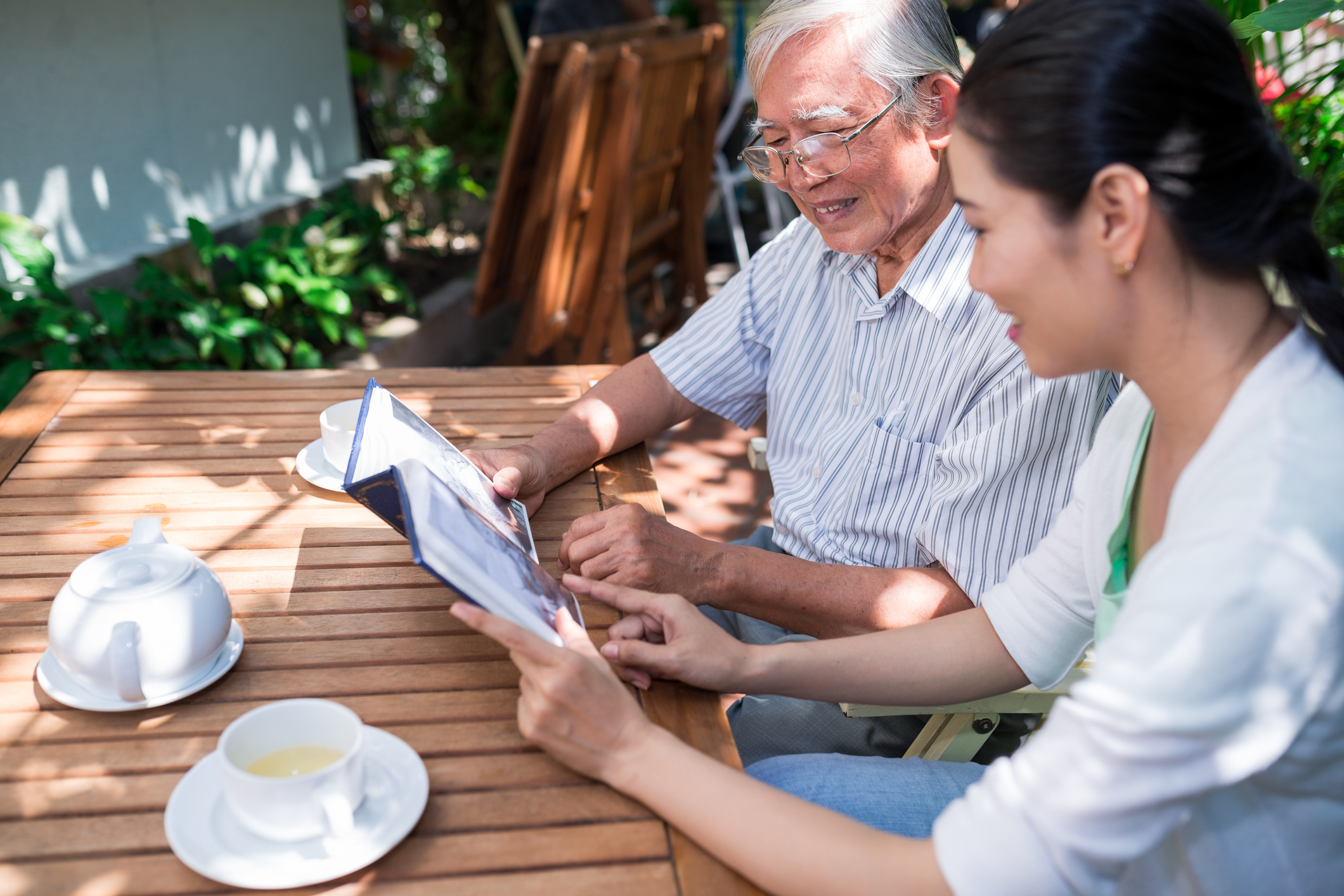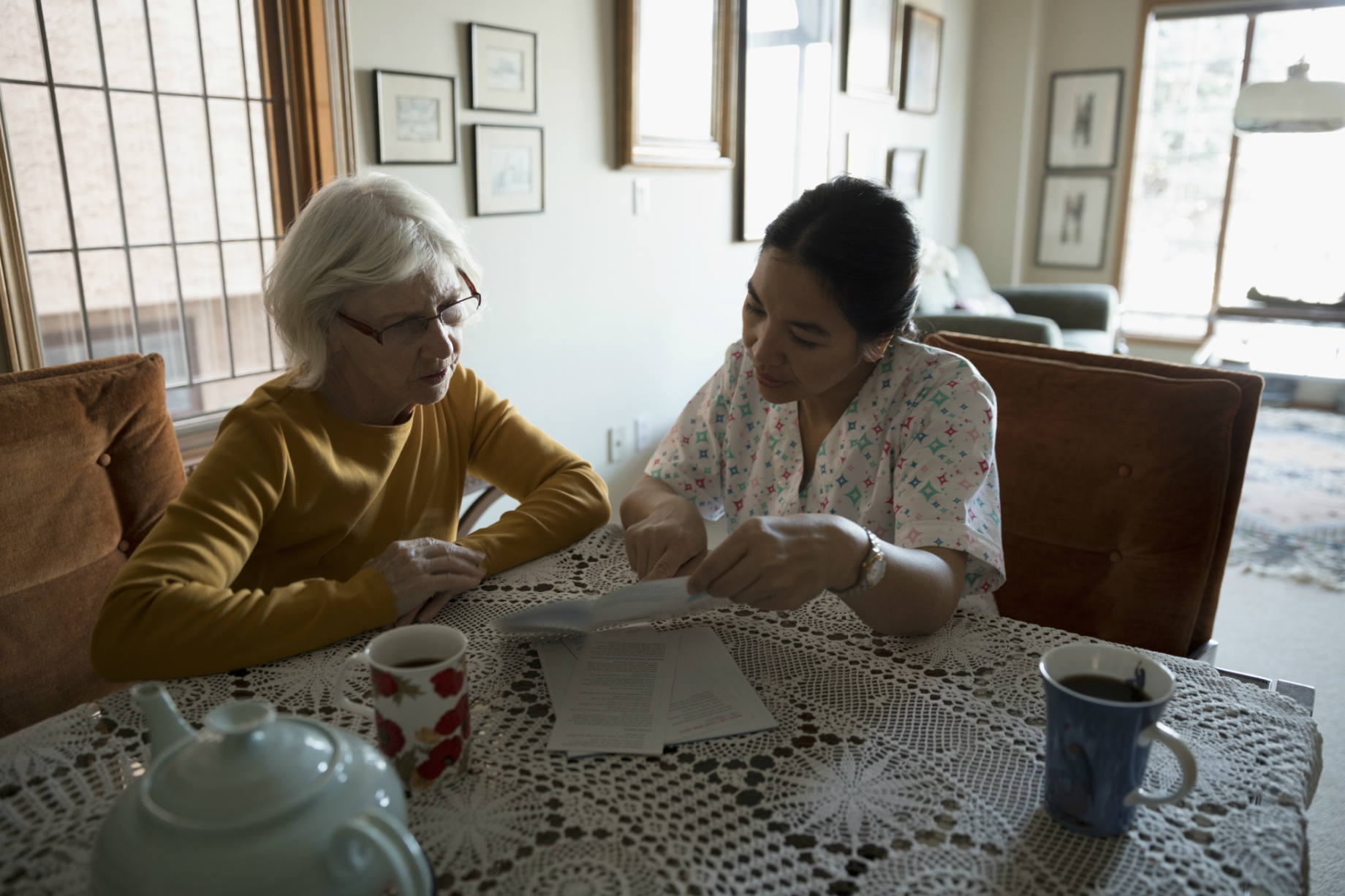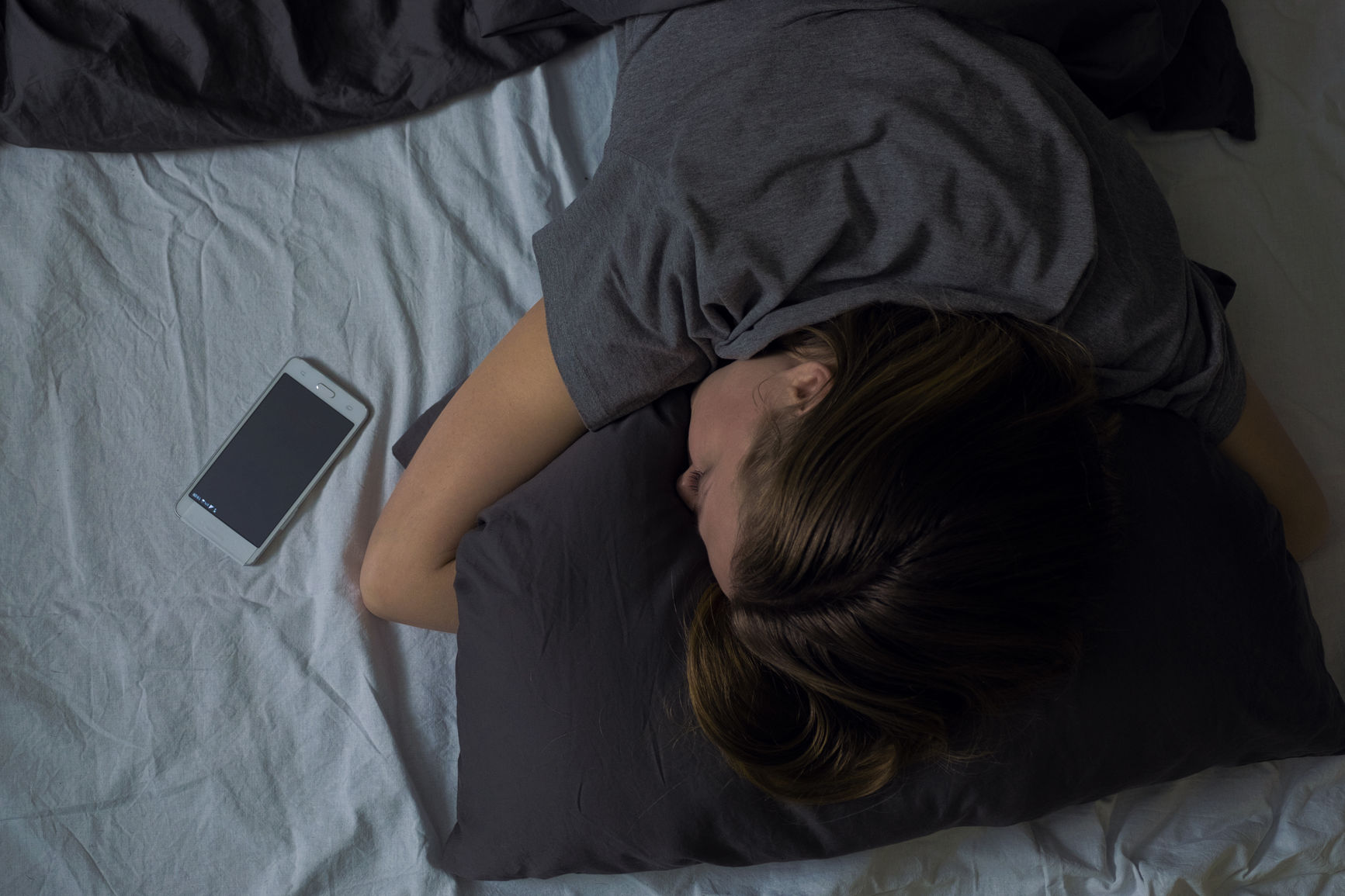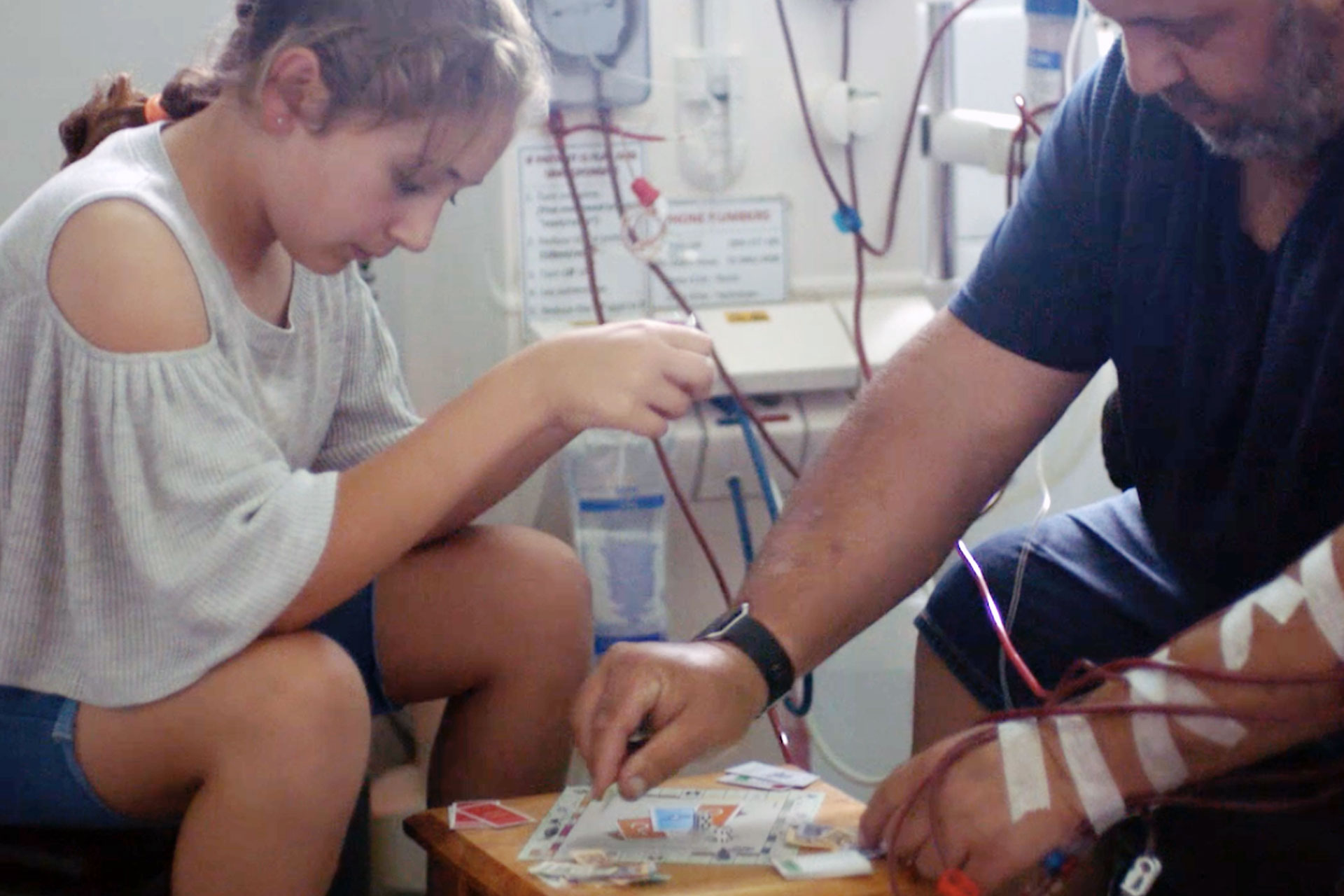-
For a long time, researchers have known that unknowingly taking a placebo can have very real, positive impacts on someone's symptoms. However, recent research from Harvard Medical School has shown the power of placebos may go a step further, and potentially benefit patients even when being taken knowingly.
The placebo effect
When a new medication is trialled in a clinical setting, it’s common for half of the test subjects to get the real drug, and the other to get what’s called a placebo. The placebo contains no actual medicine, being used to help researchers understand the degree to which the real drug works. The subjects typically do not know whether they’re taking the real thing or not.
You may have heard of a medical phenomenon known as ‘the placebo effect’, where up to a third of people taking a placebo will experience relief from their symptoms. There’s been a lot of research into how the placebo effect works, physiologically and psychologically, but not as many studies done on whether knowingly taking a placebo could improve your health. Common sense would say no, wouldn’t it? You might be surprised.
Promising placebo studies
A French study in 2010 found that patients knowingly taking a placebo for Irritable Bowel Syndrome experienced improved symptoms for the duration of the 21 day trial, as opposed to a group undertaking no treatment, placebo or otherwise. Researchers found a clear association between improved quality of life and open-label placebo takers, with improvement and relief from symptoms even documented to the level of the most powerful IBS treatments available.
More recently, a 2016 study at Harvard University found similar results, concluding that knowingly taking a placebo may be helpful in treating chronic lower back pain. All patients were taking existing pain management medication, but the group taking additional labelled placebos experienced a more significant reduction in pain. Even more surprising was that 17 patients requested a prescription for placebos at the end of their trial.
Harnessing the power of placebos going forward
In the past, it was thought that placebos relied on deception for the patient to experience real benefits, but these studies indicate this may not be the case. What we do know is that further research is required into the interaction between placebos and human psychology to fully understand how they work, but who knows -- maybe soon it could be possible to manage certain symptoms with nothing but placebos and the power of your mind.
Do placebos still work if you know you're taking them?
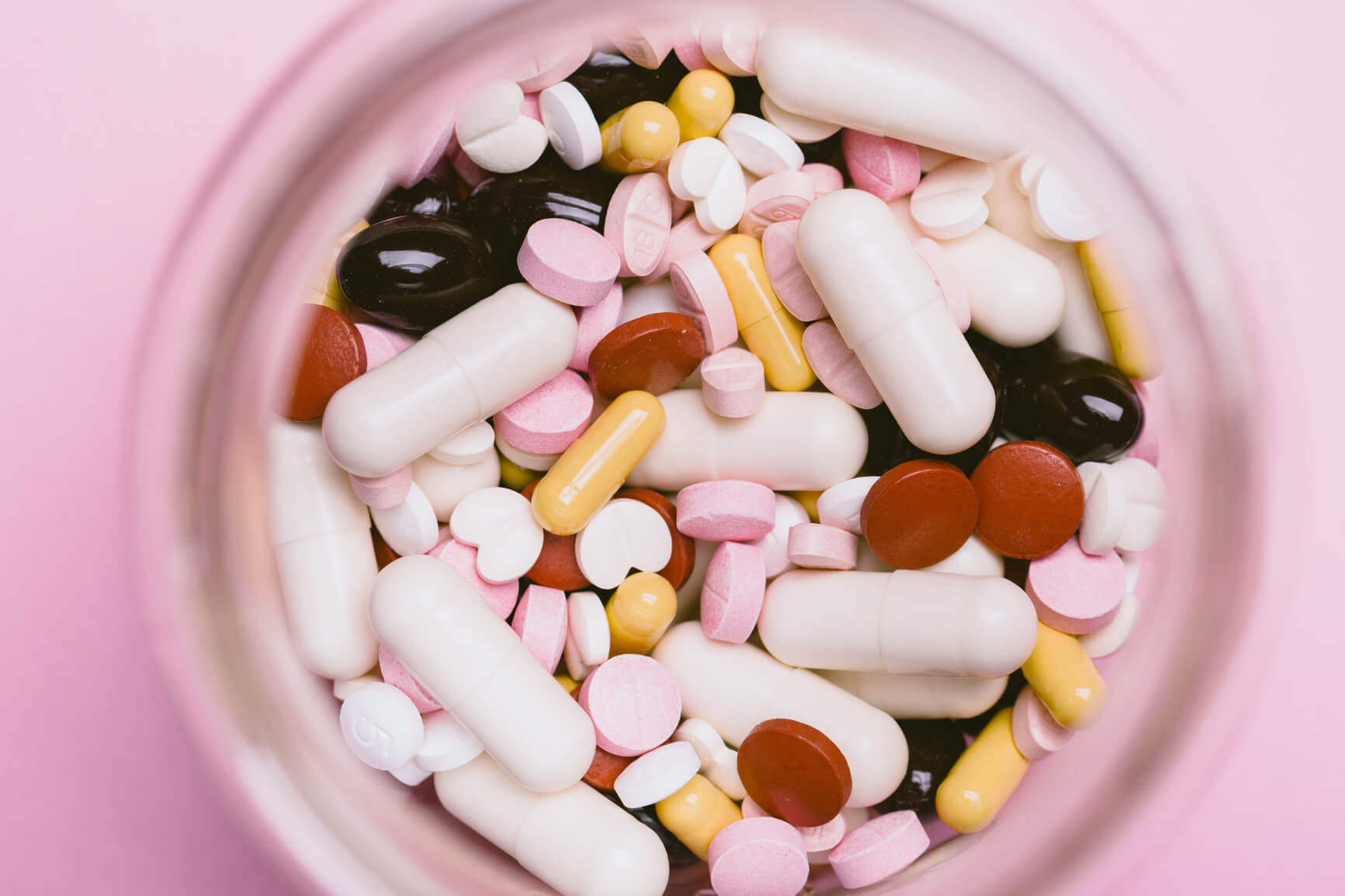
-
Innovating for members living with chronic disease
Medibank is supporting our members living with chronic diseases such as heart disease, arthritis, and diabetes, through our CareComplete programs.
-
Medibank’s palliative care at home trial
Giving our customers choice in where they would like to receive their end-of-life care can provide dignity, privacy and help them retain control over the care they receive.
-
How your phone habits affect your sleep
And what it means for your mental health, hormones and more.
-
Medibank trialling haemodialysis at home
Giving members with chronic kidney disease more choice
-
The origins of western and eastern medicine
Two schools of thought explained
-
Almost half of hospital patients are looking for more support
Find out how Medibank is helping.
Subscribe to receive the best from Live Better every week. Healthy recipes, exercise tips and activities, offers and promotions – everything to help you eat, move and feel better.
By clicking sign up I understand and agree to Medibank's privacy policy

